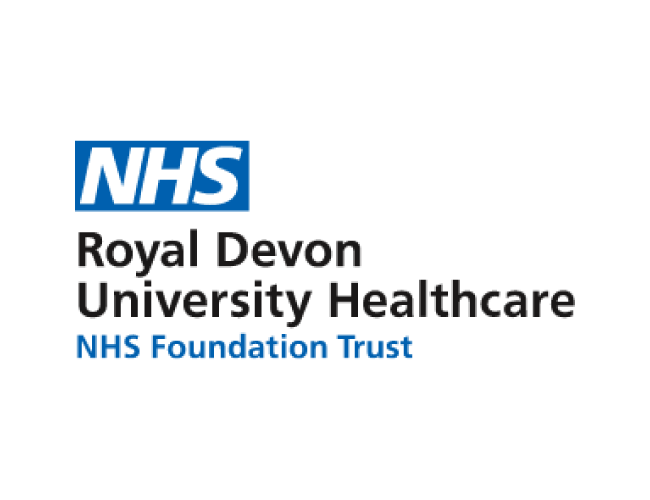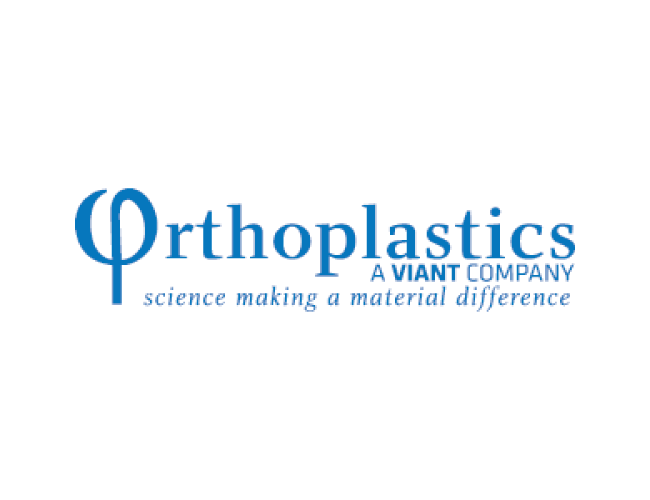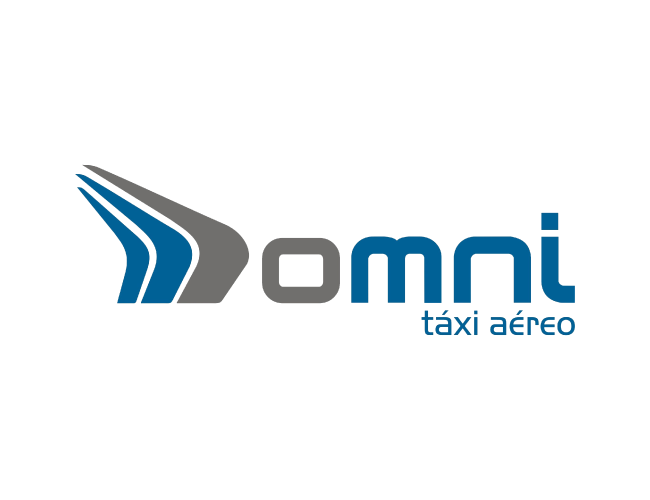ISO 13485 compliance software for comprehensive medical device quality
Unlock ISO 13485 compliance and secure your reputation for upholding quality in medical device environments.
Improve quality with ISO 13485 compliance
ISO 13485 compliance ensures that safety and quality are always prioritized in every stage of the medical device life cycle. Significantly reduce the risk of quality failures and improve process efficiency while evidencing and ensuring compliance and best practices.
- Easily demonstrate compliance
- Control key risks
- Identify areas for improvement

Achieve continual improvement
Move past just complying with ISO 13485 to introducing quality enhancements that have a significant impact on your KPIs. With the right solution, pinpointing areas for improvement becomes straightforward. This not only results in time and cost savings, but also contributes to improved outcomes for patients.
- Improve patient outcomes
- Make data-let decisions
- Drive efficiency

Meeting the requirements of ISO 13485
Becoming ISO 13485 compliant is challenging, but it can be made much easier by establishing the right quality management system. The best way to do this? By using powerful quality management software. Ideagen Quality Management is trusted worldwide with this task, a comprehensive software solution for ISO 13485.

Meeting the requirements of ISO 13485
ISO 13485 requirements |
Ideagen Quality Management solution |
|---|---|
| All procedures and processes to uphold quality need to be clearly documented and available at the point of need for interested parties. This includes auditors. | Robust document control is a core aspect of Ideagen Quality Management. All important documents are stored and tracked centrally, providing a single source of truth. |
| Medical device organizations must identify, understand, and mitigate risks in the production process, including design, production and post-production. | Ideagen Quality Management makes it straightforward to get a 360-degree view of risk and manage those risks through strong CAPA processes. |
| Organizations must establish a well-defined, effective process for managing customer feedback, including complaints. This feeds into continuous improvement. | Customer feedback can be gathered and acted on using the software, facilitating better quality and ultimately better customer outcomes. |
| The organization is required to present substantial evidence that all staff members possess the necessary training and competence to provide services that meet high-quality standards. | Ideagen Quality Management provides a seamless module for monitoring and managing the competence and training of personnel. Conveniently automate the allocation of training. |
ISO 13485 FAQs
Is ISO 13485 a requirement for medical device organizations?
ISO 13485 is not mandatory, but it is crucial due to its global quality indicator status. The severe repercussions of quality failures in these devices, impacting global patient health, cannot be understated.
Non-compliance could result in missed contracts and preferred supplier statuses due to stringent tender processes.
How difficult is it to attain ISO 13485 accreditation?
Achieving certification, isn’t made deliberately difficult by accrediting bodies, but can still be challenging if your quality management system doesn't meet high standards.
Being prepared to satisfy accreditation demands is critical.
Is QMS software necessary to ensure ISO 13485 compliance?
While QMS software is not explicitly required for ISO 13485 compliance, it's highly valuable.
The software streamlines quality management, making compliance easier and more efficient, making it a critical tool for optimal compliance.
What is the new role of ISO 13485 in the U.S under new FDA rules?
The FDA's harmonization with ISO 13485 under the Quality System Regulation (QSR) represents a significant shift.
Formerly, the FDA maintained its unique QSR, but this alignment signifies increased global harmonization of quality standards. It reinforces the FDA's commitment to ensuring the safety, performance, and quality of medical devices.
Who provides ISO 13485 certification?
The ANSI National Accreditation Board (ANAB) handles ISO 13485 accreditation predominantly in the U.S. In the UK, the British Standards Institution (BSI) provides medical device certification.
The Integrated Assessment Service (IAS) offers ISO 13485 certification in various European countries including France, Germany, Spain, Italy, and the Netherlands. Many more such organizations exist globally.
How does ISO 13485 differ from similar standards, like ISO 9001 and 14971?
ISO 13485 is tailored for medical devices, focusing on risk management, regulatory compliance, and safety throughout the product's lifecycle. Conversely, ISO 9001 is a general standard for all industries, with an emphasis on customer satisfaction and continuous improvement.
ISO 14971, while also catering to medical devices, solely targets risk management in device design and production.
Does ISO 13485 override local regulations and requirements?
No, ISO 13485 does not override local regulations and requirements. Instead, it compliments them. The standard is globally recognized.
However, medical device manufacturers must also conform to the specific regulations and requirements of the countries in which they operate.





